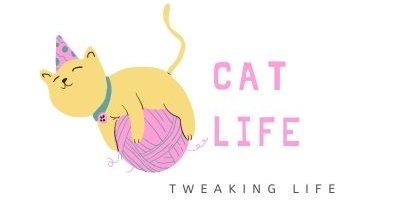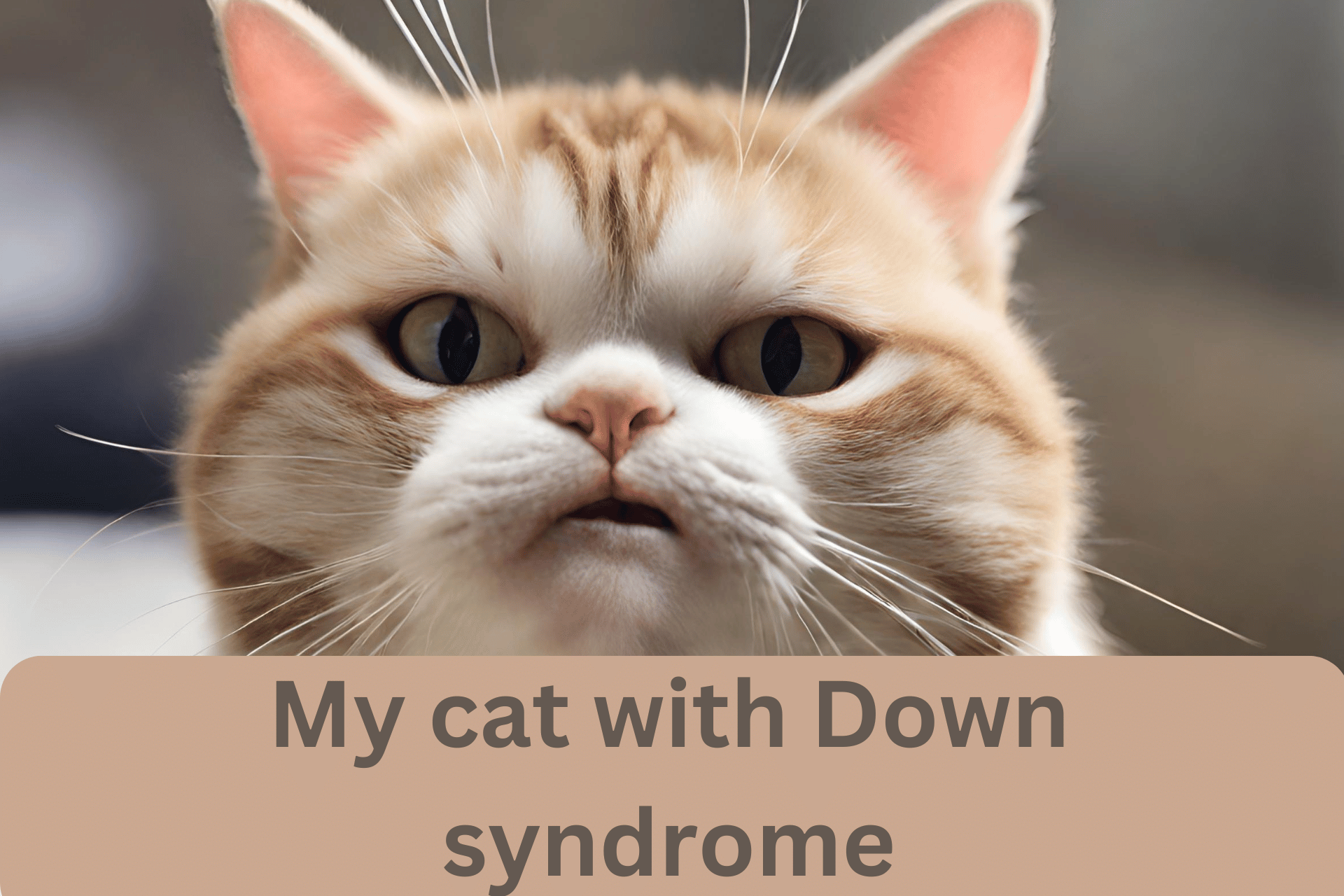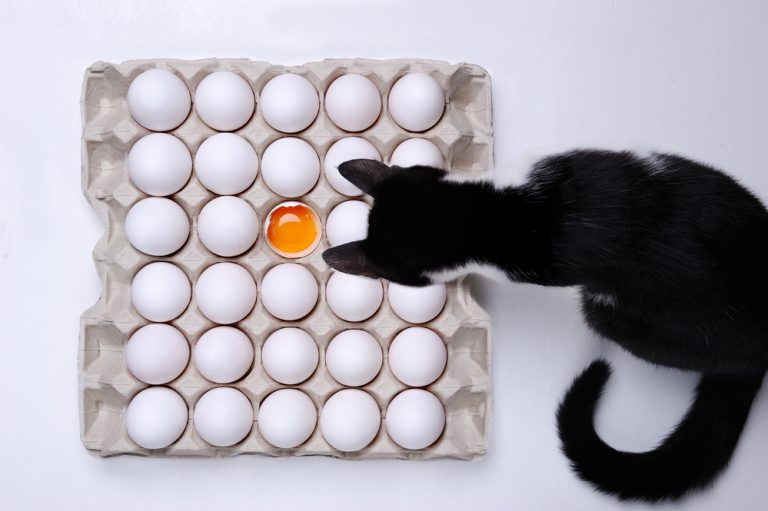My Cat with Down Syndrome: Purrfectly Unique Just the Way They Are
They say cats pick their humans, but sometimes, it feels like the other way around. That’s was definitely the case with Šarko, my furry little shadow with a heart of gold (and maybe a few extra chromosomes…or so we playfully tease!).
While Down syndrome isn’t something cats can develop, Šarko has had certainly has some special quirks that made him one-of-a-kind.
This blog is all about celebrating those quirks and sharing the joys (and sometimes hilarious challenges) of life with a cat with Down syndrome.
We’ll explore the myths and realities of feline health, delve into the heartwarming world of special needs pet care, and most importantly, shower you with adorable pictures of cats with “down syndrome” being their most purrfectly unique self.
Key Takeaways
- Cats cannot develop Down syndrome, but they may have similar characteristics due to other genetic conditions.
- Special needs cats may require extra care, including vet checkups, litter box adjustments, and a consistent routine.
- Owning a special needs cat can be rewarding, offering unconditional love and companionship.
- What is Down Syndrome in Cats? And How is it Diagnosed?
- What Does a Cat with Down Syndrome Look Like?
- The Unique Characteristics and Care Needs of a Cat with Down Syndrome
- Providing a Loving and Enriching Environment for Your Special Needs Cat
- Dealing with Medical Issues and Behavioral Concerns
- The Joys and Rewards of Owning a Special Needs Cat
- FAQ
What is Down Syndrome in Cats? And How is it Diagnosed?
While the internet might be buzzing with stories of “cats with Down syndrome,” the truth is, cats can’t develop this specific chromosomal abnormality. Cats have a different number of chromosomes than humans, making a Down syndrome diagnosis in felines impossible.
However, some cats do exhibit characteristics similar to those associated with Down syndrome in humans. This can be due to various genetic disorders, congenital abnormalities, or even infections in the womb. These conditions can manifest as:
- Feline Down Syndrome (Cat Trisomy): Though rare, chromosomal abnormalities can occur in cats, leading to developmental delays and physical differences.
- Genetic Disorders in Cats: Certain genetic mutations can cause physical and behavioral traits sometimes mistaken for Down syndrome cat.
- Cat with Developmental Delays: Developmental delays can arise from various factors, affecting a cat’s motor skills, cognitive function, or growth.
So, can cats have Down syndrome?
The answer is no, cats cannot develop Down syndrome. Down syndrome in humans is caused by a specific genetic abnormality – having an extra copy of chromosome 21.
Cats, however, have a different chromosomal makeup entirely. They possess 19 pairs of chromosomes, whereas humans have 23. This fundamental difference in their genetic structure makes it impossible for cats to experience Down syndrome.
What Does a Cat with Down Syndrome Look Like?
It’s important to understand that since cats can’t have Down syndrome, the concept of “a cat with Down syndrome” doesn’t translate directly. However, some cats might exhibit characteristics that appear similar to those associated with Down syndrome in humans.
These characteristics can be caused by various underlying conditions, such as genetic disorders, congenital abnormalities, or even prenatal infections.
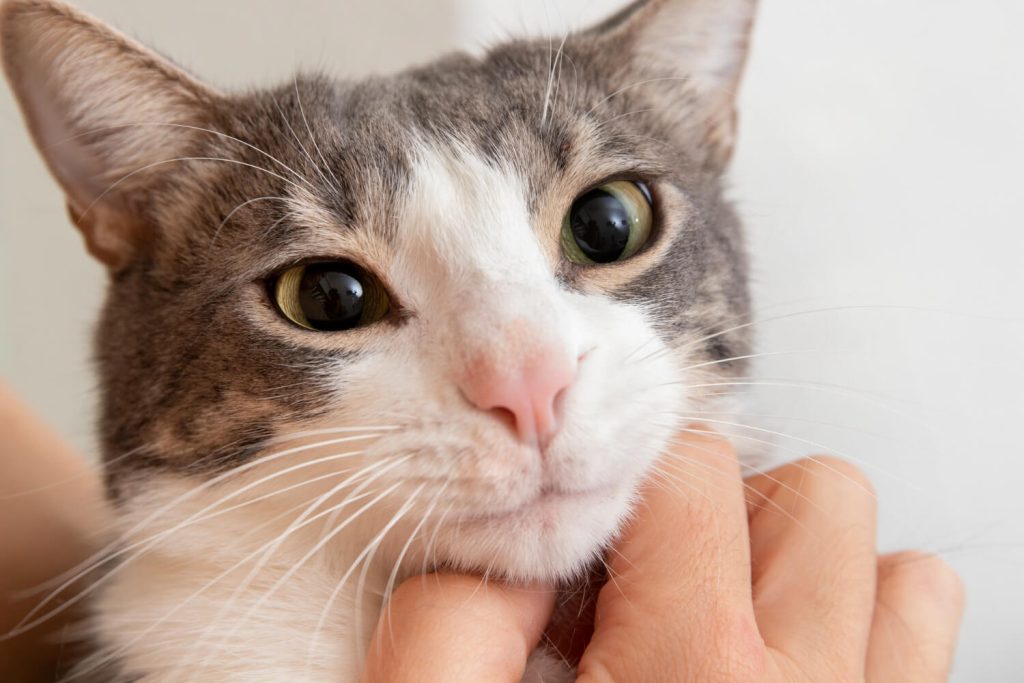
The Unique Characteristics and Care Needs of a Cat with Down Syndrome
While a diagnosis of Down syndrome wouldn’t be accurate for cats, some feline companions exhibit characteristics that require special attention and love. These unique qualities can manifest in various ways, affecting their behavior, health, and even physical appearance.
- Behavioral Traits: Cats with certain genetic conditions might display unusual behaviors compared to their typical feline counterparts. This could include difficulty with balance or coordination, leading to wobbly walking or clumsy movements. Litter box usage might also be a challenge, requiring a low-entry box or additional training. Additionally, their vocalizations might differ, with meows sounding raspy or unusual.
- Health Considerations: Certain health concerns can be more prevalent in cats with special needs. Heart problems, vision or hearing impairments, and a weakened immune system are some possibilities. Regular veterinary checkups are crucial for early detection and management of any health issues.
- Physical Differences: Some cats with underlying conditions might have physical characteristics that differ from the average feline. Flattened facial features, a smaller than average body size, or unusually shaped ears are some potential signs. It’s important to remember that these are just a few examples, and the specific appearance will vary depending on the underlying cause.
Providing a Loving and Enriching Environment for Your Special Needs Cat
The good news is that with a little extra TLC, cats with special needs can thrive and live happy, fulfilling lives. By creating a loving and enriching environment that caters to their specific requirements, you can build a strong bond and ensure their well-being. Here are some key aspects to consider:
- Tailored Care: Every cat is unique, and those with special needs require an individualized approach. This might involve providing ramps or stairs for easier navigation around your home, especially if they have mobility issues. Utilizing low-entry litter boxes makes using the bathroom less of a challenge. Additionally, scheduling regular vet checkups becomes even more important for monitoring their health and addressing any concerns promptly.
- Stimulating Activities: Just like any cat, mental and physical stimulation are crucial for their well-being. Engage your cat’s mind and body with stimulating toys designed for their abilities. Puzzle feeders that dispense treats as they work to solve them can be a great option. Consider activities that cater to their specific interests, whether it’s chasing a laser pointer or batting at dangling toys.
- Socialization Matters: Socialization is a vital aspect of feline development, even for special needs cats. Introduce them to friendly humans and other animals gradually in a controlled environment. This positive exposure can help them feel more confident and secure. Of course, respect their boundaries and allow them to initiate interaction when they’re comfortable.
- Routine is Key: Maintaining a consistent routine provides a sense of security for your cat. This includes establishing regular feeding times, playtime schedules, and litter box cleaning routines. Consistency helps them feel comfortable and predictable, reducing any potential stress or anxiety.
Dealing with Medical Issues and Behavioral Concerns
Special needs cats may require additional veterinary care compared to their typical counterparts. However, with a proactive approach and the right team in place, you can navigate any health challenges they might face.
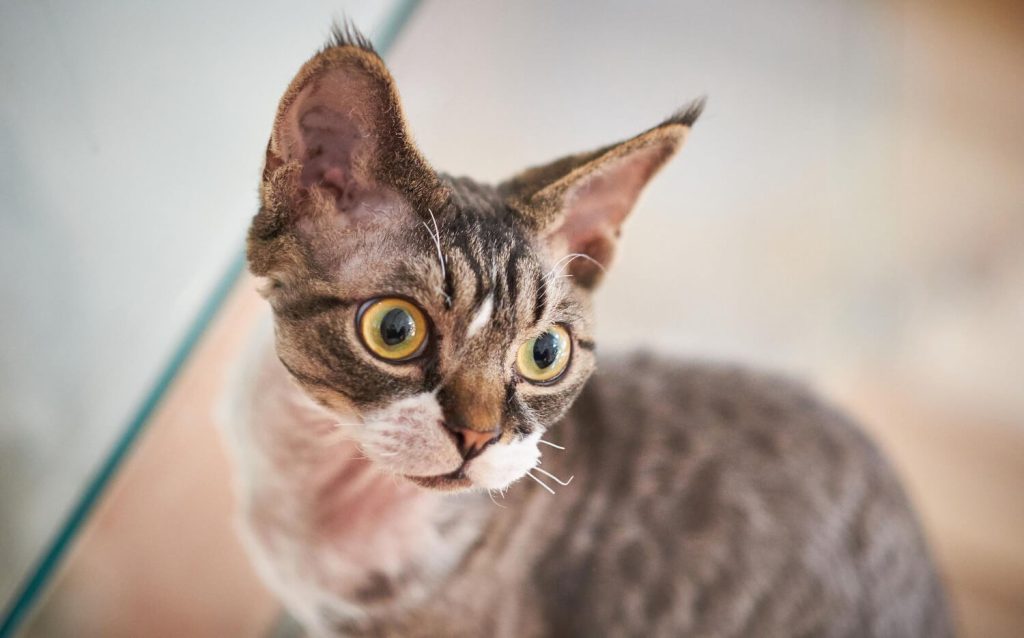
Prioritizing Veterinary Care
Regular vet checkups become even more crucial for cats with special needs. These visits allow for early detection of any potential health issues, enabling prompt intervention and treatment.
Discuss any specific concerns you have with your veterinarian, and work together to develop a comprehensive care plan tailored to your cat’s unique needs. This plan might involve medication to manage chronic conditions, specialized diets to address nutritional deficiencies, or even physical therapy to improve mobility.
Addressing Behavioral Concerns
If your cat exhibits unusual behaviors, seeking professional help can be beneficial. Veterinary behaviorists or animal trainers can assess the situation and develop a positive reinforcement training plan.
This plan focuses on rewarding desired behaviors, promoting a more positive and manageable relationship with your cat. Patience and consistency are key when working with behavioral issues, and a qualified professional can guide you through the process effectively.
Remember, You’re Not Alone
There are many resources available to support you on this journey. Online communities and forums connect you with other owners of special needs cats. Sharing experiences, challenges, and successes can be a source of invaluable support and encouragement.
Additionally, veterinary clinics and animal shelters might offer resources or programs specifically designed to assist owners of special needs pets.
The Joys and Rewards of Owning a Special Needs Cat
There’s a misconception that owning a cat with special needs presents only challenges. While these furry companions may require extra care and attention, the truth is, the rewards far outweigh the difficulties.
Owning a special needs cat can be an incredibly enriching and rewarding experience, filled with moments of unconditional love, unwavering loyalty, and a unique kind of companionship.
Online communities and forums are brimming with heartwarming stories from owners who’ve built deep bonds with their special needs cats. These narratives speak volumes about the power of acceptance and the profound joy these cats bring into their lives.
The loyalty and affection of a special needs cat are truly special. They shower their love unconditionally, whether you’re having a good day or a bad one. Their resilience and zest for life can be a constant source of inspiration.
Witnessing their determination to overcome challenges, big or small, can be a powerful reminder to cherish each moment and embrace life’s possibilities. Owning a special needs cat fosters a sense of empathy and understanding, teaching valuable lessons about patience, acceptance, and the power of love that transcends differences.
FAQ
Can cats be born with Down syndrome?
No, cats cannot develop Down syndrome. Down syndrome in humans is caused by having an extra copy of chromosome 21, a genetic abnormality that cats do not experience due to their different chromosomal makeup.
What characteristics might a cat with special needs exhibit?
While cats cannot have Down syndrome, they may exhibit characteristics similar to those associated with special needs in humans. These characteristics can include developmental delays, physical differences, and unique behaviors due to genetic disorders, congenital abnormalities, or prenatal infections.
How can I provide the best care for my special needs cat?
Providing a loving and enriching environment tailored to your cat’s specific requirements is key. This includes addressing mobility challenges with ramps or stairs, utilizing low-entry litter boxes, engaging in stimulating activities, and maintaining a consistent routine for feeding, playtime, and grooming.
What medical issues and behavioral concerns should I be aware of?
Special needs cats may require additional veterinary care and attention. Regular vet checkups are crucial for early detection and management of any health issues.
Where can I find support as the owner of a special needs cat?
Online communities and forums offer valuable resources and a supportive network of other owners of special needs pets. Veterinary clinics and animal shelters may also provide resources or programs specifically designed to assist owners of special needs cats.
